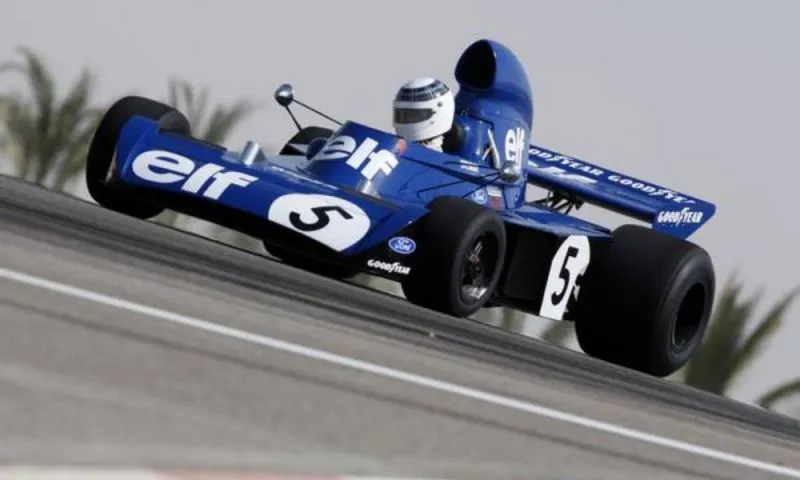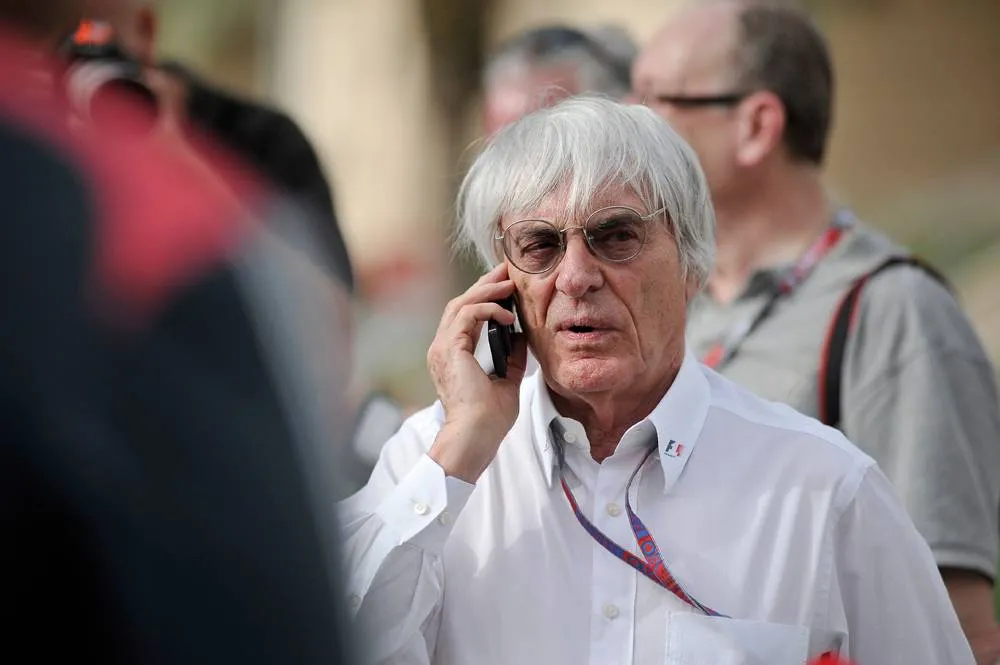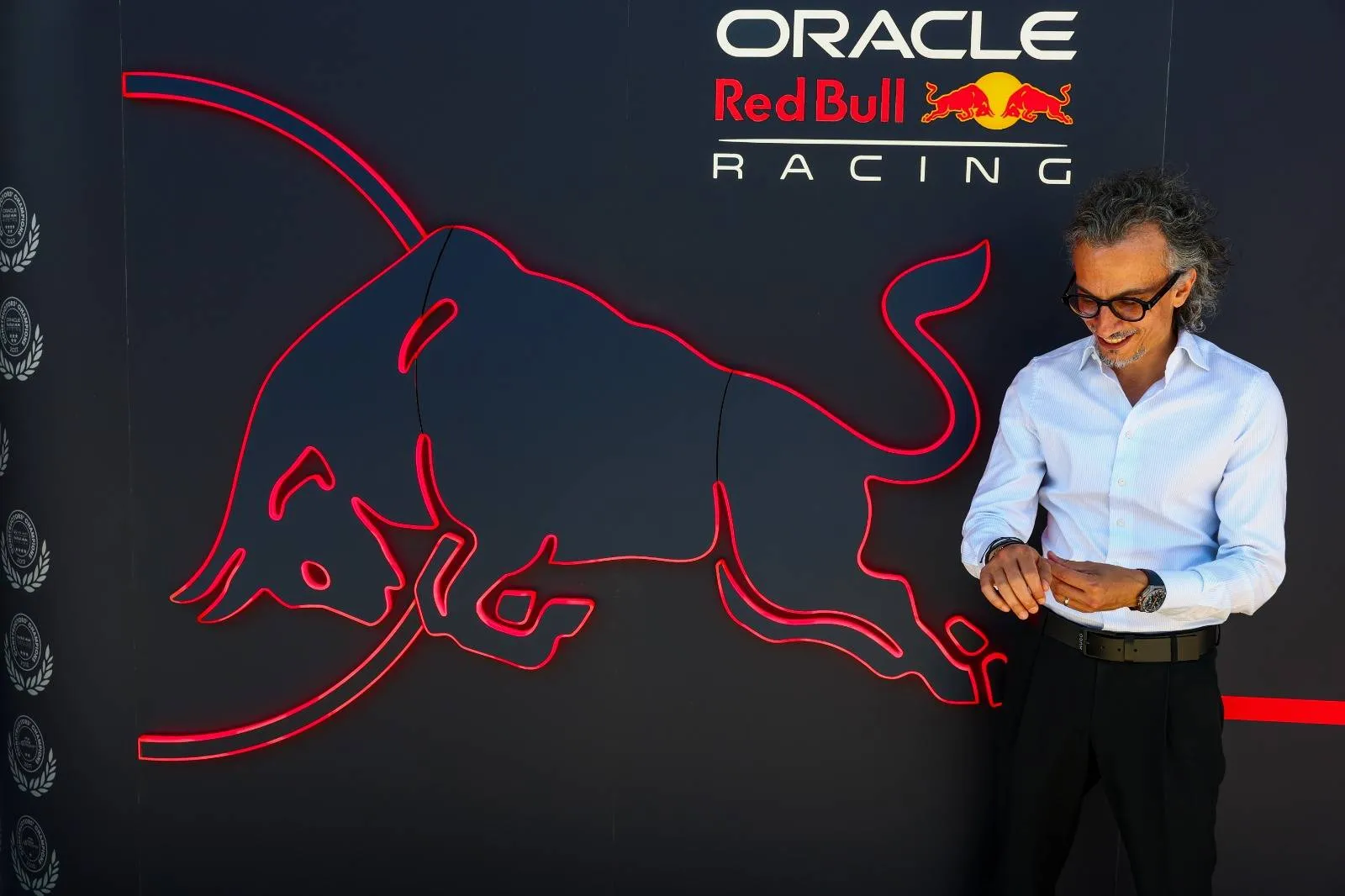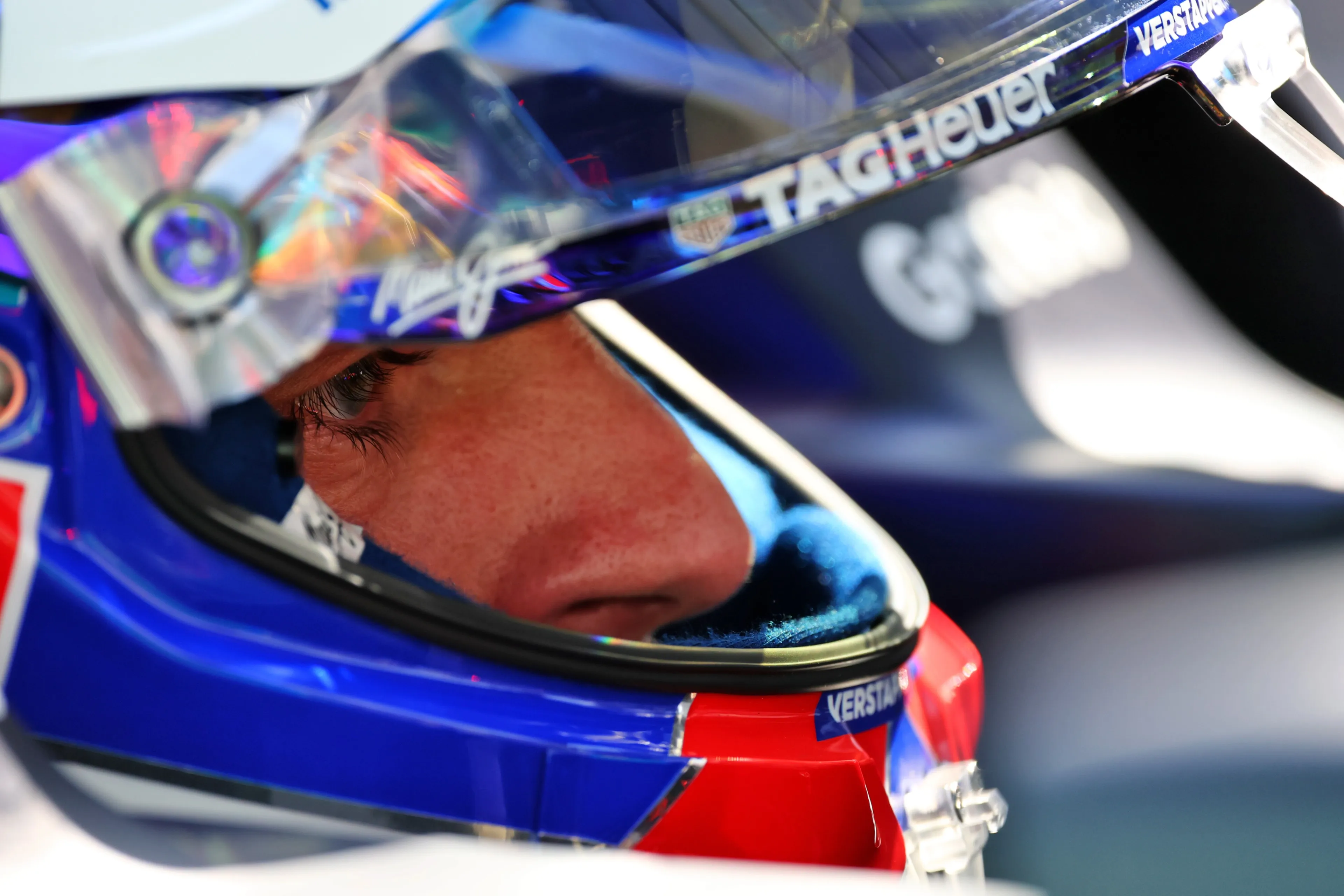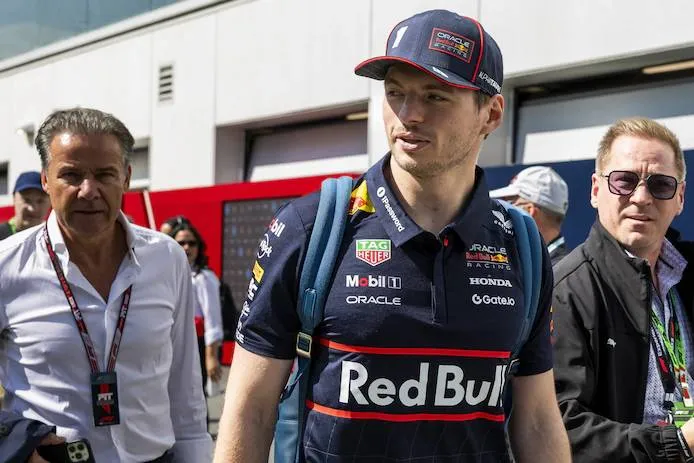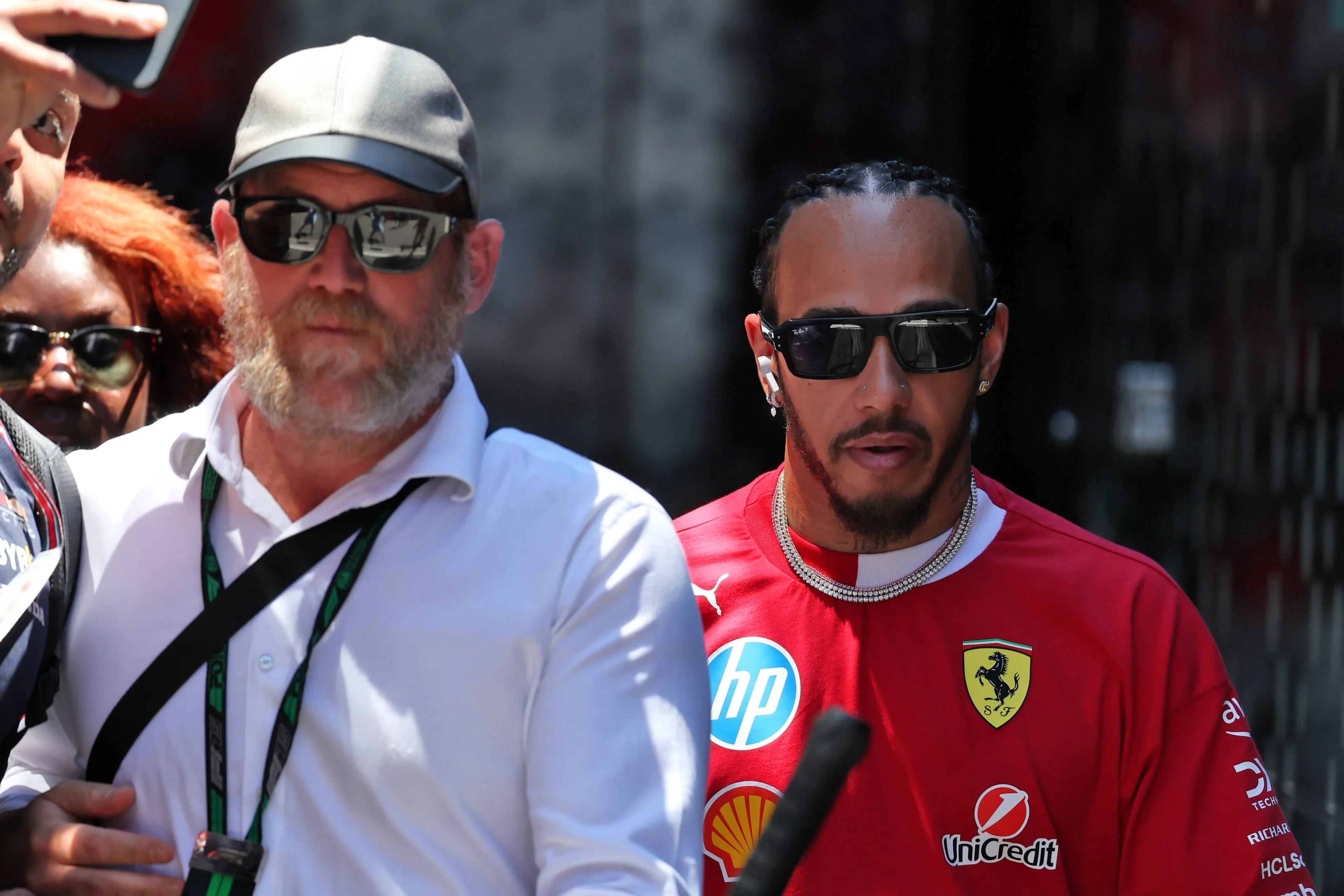Hello and welcome back once again to GPBlog’s Top 50 Drivers in 50 days, we’re one day closer to F1 returning, with just 47 days left until the Australian Grand Prix. Yesterday was all about Mark Webber, you can read that here, but today we’re going back almost 50 years to the career of Francois Cevert.
Cevert was a classic Frenchman and a classic Formula 1 driver. Good looking, charismatic and seriously quick on track, he had everything needed to have a great career.
Spotted by three-time world champion Sir Jackie Stewart in a Formula 2 race, the Scot told his team boss Ken Tyrrell to sign Cevert, and he duly did during the 1970 season.
He made his debut in F1 for the Matra team at the Dutch Grand Prix in 1970, and stayed with the team for the rest of the year, scoring a single point in a tough s season or the squad.
Despite the tough start, Stewart was convinced by Cevert’s ability and he became Stewart’s protégé, and was being primed to take lead status at the team once Stewart retired.
Now called Tyrrell, 1971 was a better year for the team with Stewart taking six victories as he ran away with the title. Cevert ended up finishing third in the championship, plagued by reliability issues.
He followed Stewart home for second place in both France and Germany, and another podium in the closest race of all time in Italy showed he was a talent to be watched.
But his best moment in F1 was yet to come, as he secured his only F1 victory at the final race of the year.
Cevert qualified fifth at the newly-redesigned Watkins Glen circuit in the USA and moved up to third at the start. He then hunted down 1967 title winner Denny Hulme for P2 and Stewart allowed him past for the lead when the already crowned champion encountered car issues.
His dominant display saw him end the race 40 seconds ahead of his nearest competitor, Jo Siffert.
1972 was again a tougher year for Tyrrell and Cevert, seeing him claim just two podium finishes and only a third of Stewart’s points.
The 1973 car suited him much better however, and he was able to fight with Stewart, Emerson Fittipaldi and Ronnie Peterson for the higher positions.
He took six second place finishes, following Stewart home on three occasions and the Scot decided now was the time to let Cevert take control of the team, secretly planning to retire at the end of the season.
Stewart felt that Cevert’s pace was good enough to challenge for titles with Tyrrell, but Cevert was tragically killed in qualifying for the final round at Watkins Glen, the scene of his only win two years earlier.
Stewart and Tyrrell immediately withdrew from the race, ending Stewart’s F1 career.
Well-liked around the paddock and blooming into a very strong racer, the F1 world was poorer without Cevert and the Tyrrell team never hit the same heights, winning just seven more races before being renamed in 1999, eventually becoming the team now known as Mercedes.
Cevert is another sad case of what could have been from this era of F1, a talented driver who deserved much more from the sport. After all, you’ve got to be pretty good to be Jackie Stewart’s chosen successor.
Read more about:
Rumors
Popular on GPBlog
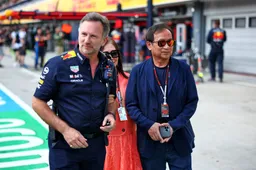
1
Dismissal of Horner explained? Major support sold shares just before dismissal
4013 times read

2
Verstappen's in-laws spill the beans: 'He's driving for Mercedes next year!'
3628 times read

3
Red Bull boss Horner suffered tragic news just days before receving 'shocking' sacking
3245 times read
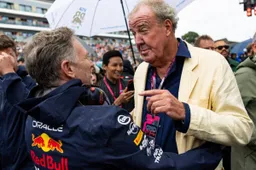
4
Jeremy Clarkson adds his voice to the reactions over Horner’s sudden exit
2047 times read
